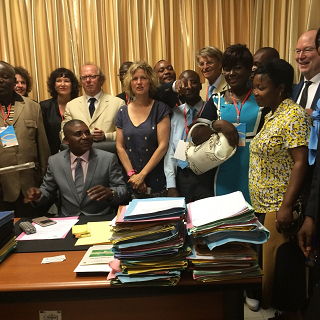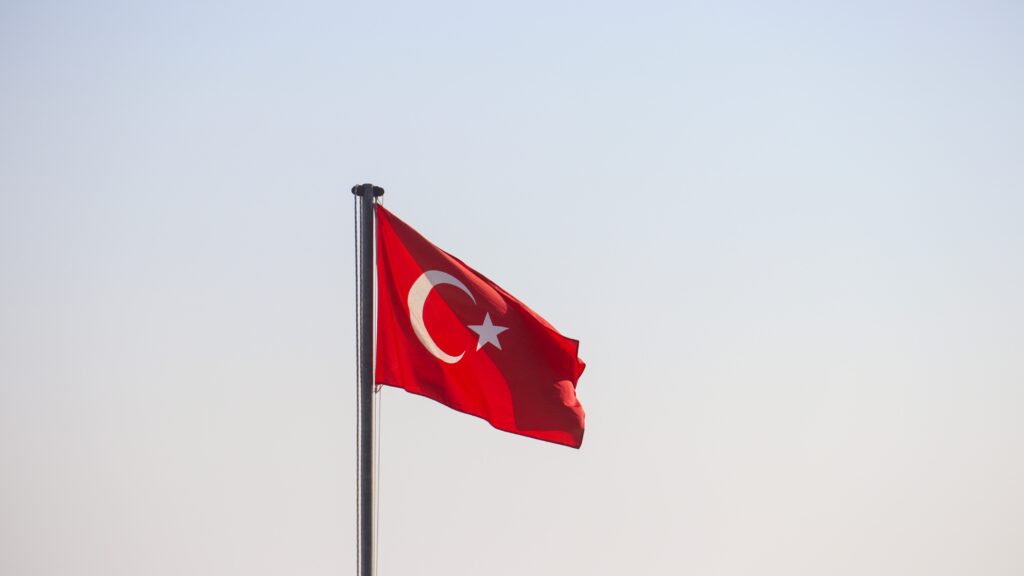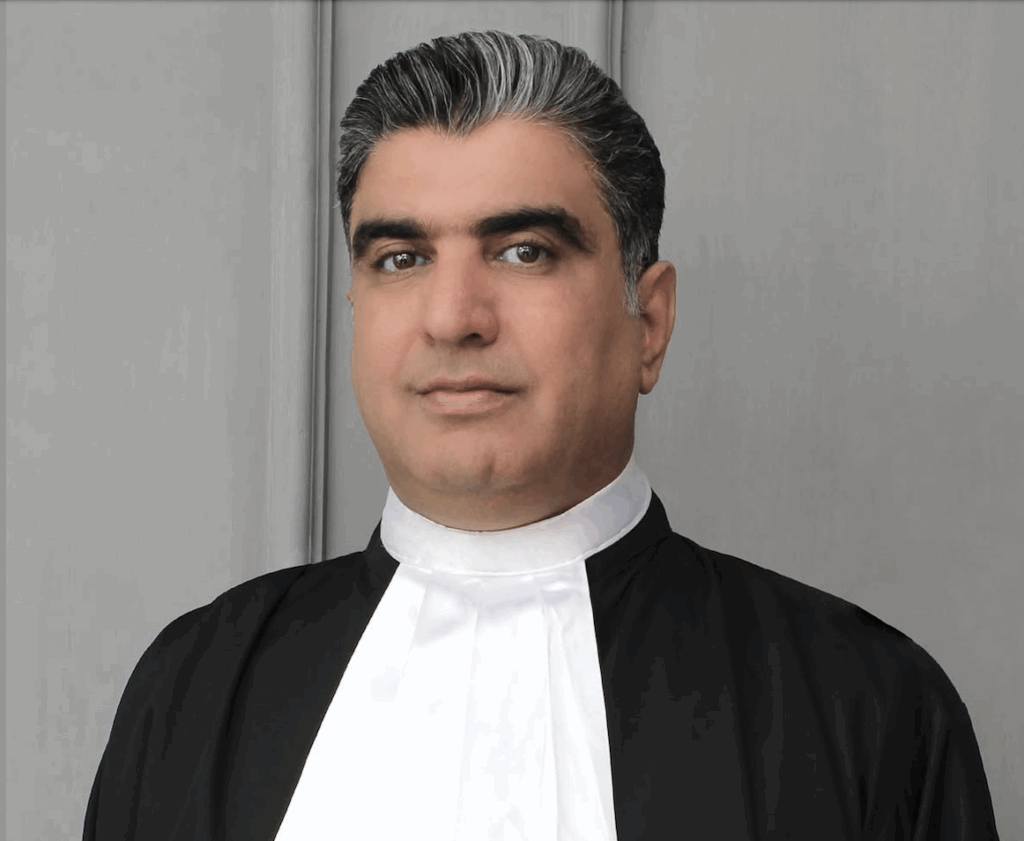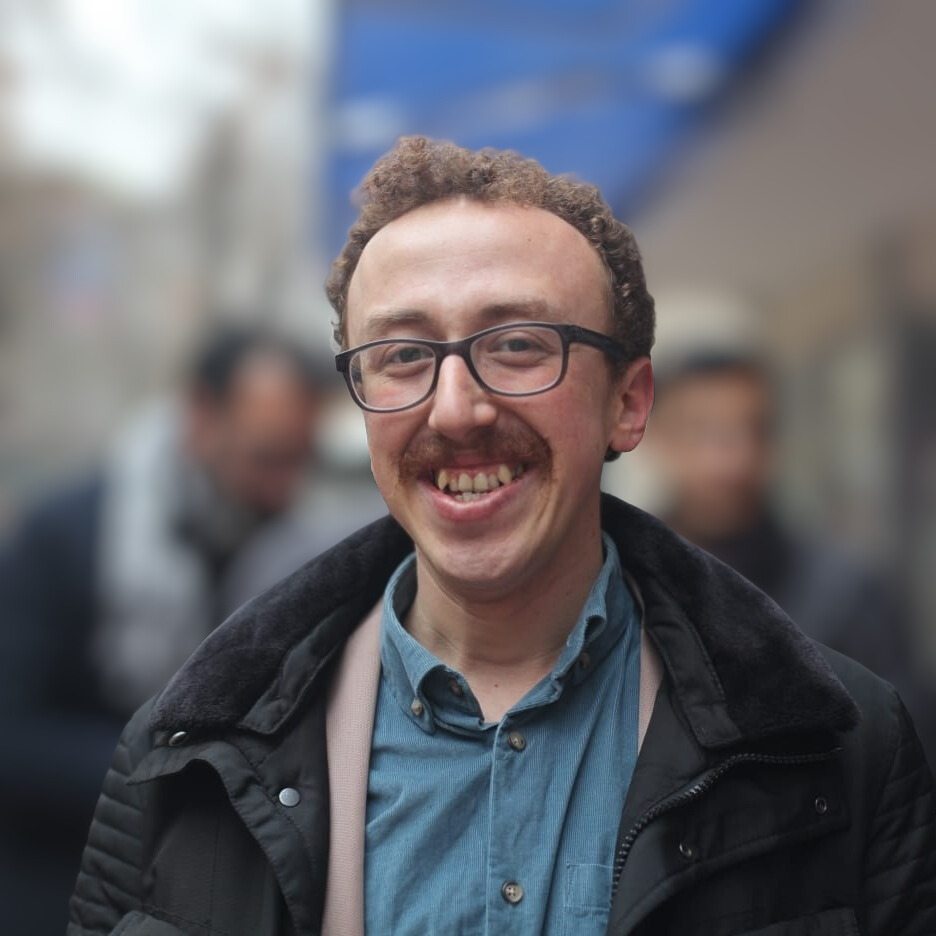Five men behind a table in a military uniform, four men in police uniforms behind two gates, two guards with big Kalashnikovs and between them, four lawyers and a police officer. Behind them fifteen lawyers and another twenty lawyers in the room and lots of spectators on plastic chairs. Above them the text ‘Nous jugeons nous semblables’.
We are in the courtroom in the central prison in Kinshasa, in a hearing before the higher military court. It is a witness interrogation in the trial for the murder of a human rights defender, allegedly committed by national police. This is why there are four agents sitting in the dock. Our partner lawyers assist the victims of murder in the collectif Chebaya as ‘aggrieved party’.
Our entry does turn heads. Our presence makes clear that the international community follows the process. The cameras are rolling. The process is difficult to follow, because of all the noise of the people in the room and the prisoners outside walking back and forth, maintaining the garden and hanging out in the hallway. ‘Our lawyers’ introduce themselves by standing up and despite a rebuke from the judge they get the word. Passionately they confront one of the suspects with his ‘false’ initial statement.
It’s an incredible fight against the authorities, which takes place every day for similar courts. We understand that the fact that it came to a prosecution of the policemen is a miracle.
Through our presence we put into practice what we have advocated this morning at the European Union delegation on the seventeenth floor of a building in central Kinshasa, namely that the presence of the international community at trials can make an important difference in the way of the cases are judged. The Dutch Embassy and the British delegation received us. The lawyers of Defense pour la Defense explained what they require: protection, security and support from the EU, also when they will be lobbying for the amendment of the lawyers bill.
Immediately after this useful meeting we went to the hearing. Entering the prison was fairly simple, to our surprise. We were presented as a lawyer, handed in our lawyers’ identification card in and were able to go through just like that. Ladies in colourful Congolese dresses walked in and out, with food for the prisoners. I wondered what all those happy guards in yellow and blue clothing did there, but they appeared to be prisoners running around, cleaning the building and shaking hands with the attorneys. When William started handing out cigarettes this also directly led to uproar in prison.
Meanwhile we are also familiar with ‘article quinze’, a fictional addition to the Constitution, which means something like ‘cope with it’. The program was somewhat different than expected, traffic was clear, the session was chaotic. Nothing goes as expected. If you keep that in mind, you can achieve a lot in Congo. Also in the turbulent and warm Matonge, where the Congolese dancers herald the night.




